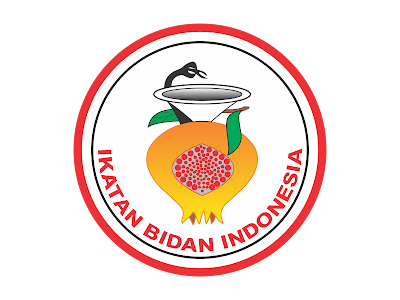Kebiasaan Sarapan Pagi dengan Status Gizi Anak Sekolah Dasar
Abstract
Nutritional status is an indicator that reflects the level of welfare. Malnutrition in the form of deficiency and excess nutrition is one of the health problems in Indonesia. Riskesdas 2018 show the prevalence of nutritional status (BMI/U) in Indonesian children aged 5 – 12 years who are very thin 2.4%, lean 6.8%, fat 10.8%, and obese 9.2%. School-age children are in a period of rapid growth, in dire need of quality nutrients in relatively large quantities. In addition, nutrients are also used to improve the ability of children's brains to participate in learning activities. Eating breakfast in the morning is a healthy behavior to achieve balanced nutrition for a healthy, active, and intelligent life, but there are still many who do not fulfill their nutritional needs through breakfast. The purpose of this study was to determine the relationship between breakfast habits and the nutritional status of children at Sekolah Dasar Negeri 48 Pekanbaru City. The research method used was quantitative with a cross-sectional design, conducted from October to December 2021. The sample in this study was all fifth-grade students at SD Negeri 48 Pekanbaru City, a total of 53 people. Data analysis was carried out using a chi-square statistical test, thus concluded that there is no relationship between breakfast habits and the nutritional status of students at SD Negeri 48 Pekanbaru City with a p-value of 0.670. Further research is needed to determine another factor affecting the nutritional status of students.









